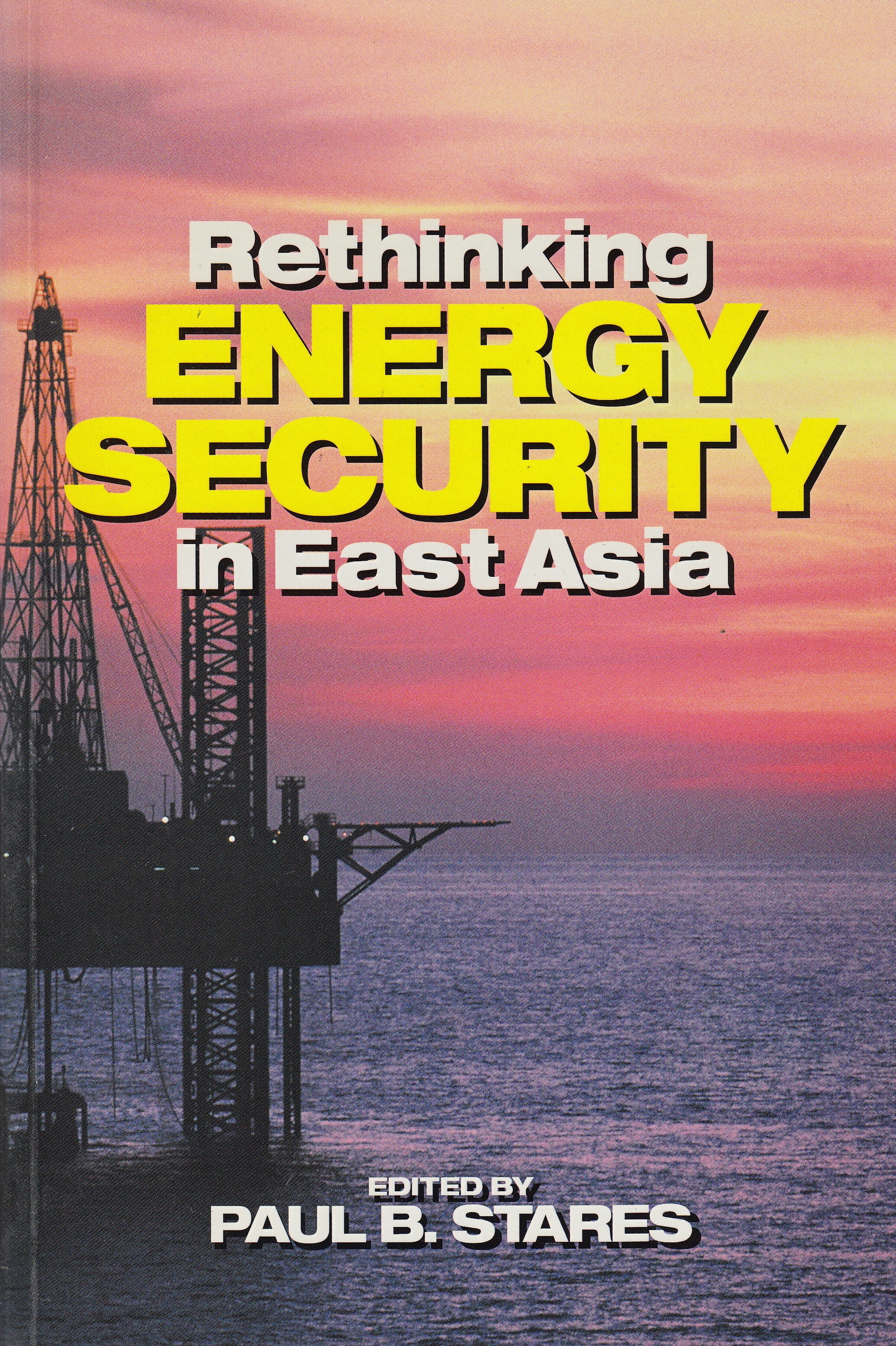The security implications of East Asia’s growing demand for energy have become the focus of increasing attention and debate. To some, the prospect that East Asian countries will increasingly rely on foreign energy imports, compete and possibly clash in the exploitation of new reserves, and expand significantly their civil nuclear power infrastructures raises a host of disquieting security concerns that could become a potent source of regional instability and even conflict. Others are more sanguine about such energy-related instability, believing that the global energy market and the international economy in general are changing in fundamental ways that bode well for regional peace and security. Still other analysts worry more about the potential environmental risks associated with rising energy use.
In this book, leading experts from seven countries—Japan, Russia, China, the United States, South Korea, Taiwan, and Malaysia—weigh up these various energy security issues for their likely impact. As such, this book represents the first in-depth study on this topic from primarily an Asian perspective. Moreover, by examining both the “classical” energy security questions of supply and demand as well as the ecological and human security consequences of growing energy use in East Asia, the book provides the first truly comprehensive assessment of the key issues.
This publication was the result of a project on “Energy and Security in East Asia,” conducted as part of the Asia Pacific Agenda Project (APAP).
Available for purchase from Brookings Institution Press and other online retailers
Contents
- 1. Foreword
- 2. Introduction and Overview
- Paul B. Stares, Associate Director, Center for International Security and Cooperation, Stanford University
- 3. China
- Gao Shixian, Deputy Director, Research Centre for Energy Economics and Development Strategy, Energy Research Institute, State Development Planning Commission
- 4. Japan
- Hideaki Fujii, Senior Economist, Research Center for Environment and Development, Mitsubishi Research Institute
- 5. South Korea
- Lee Myung-Kyoon, Researcher, Risoe National Laboratory, Collaborating Center on Energy and Environment
- 6. Taiwan
- George J. Y. Hsu, Director, Center for Economic and Financial Strategies, Chung-Hua Institution for Economic Research
- Tser-yieth Chen, Research Fellow, Center for Energy and Environmental Studies, Chung-Hua Institution for Economic Research
- Chih-Ling Chao, Associate Research Fellow, Chung-Hua Institution for Economic Research
- 7. ASEAN
- Mohd Zamzam Jaafar, Chief Executive Officer, Malaysian Energy Centre
- 8. Russia
- Eugene M. Khartukov, Head, World Energy Analysis and Forecasting Group (GAPMER)
- 9. United States
- Scott Snyder, Korea Representative, Asia Foundation, Korea

